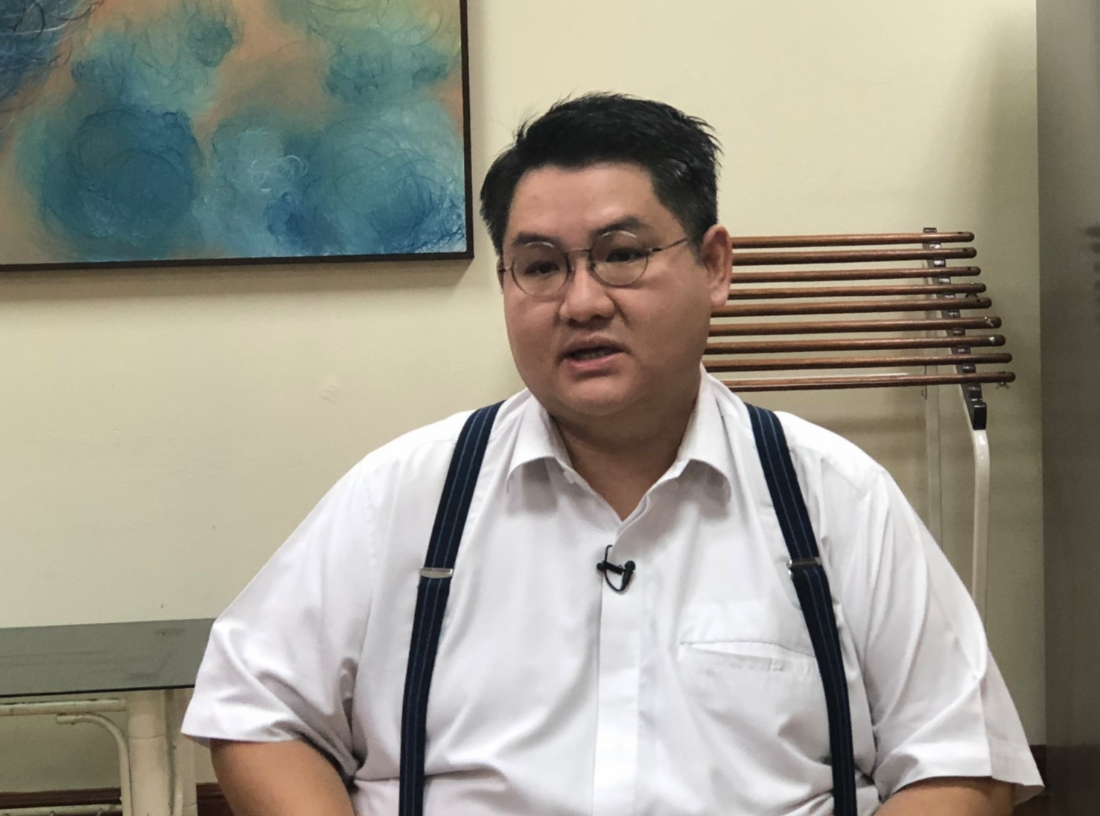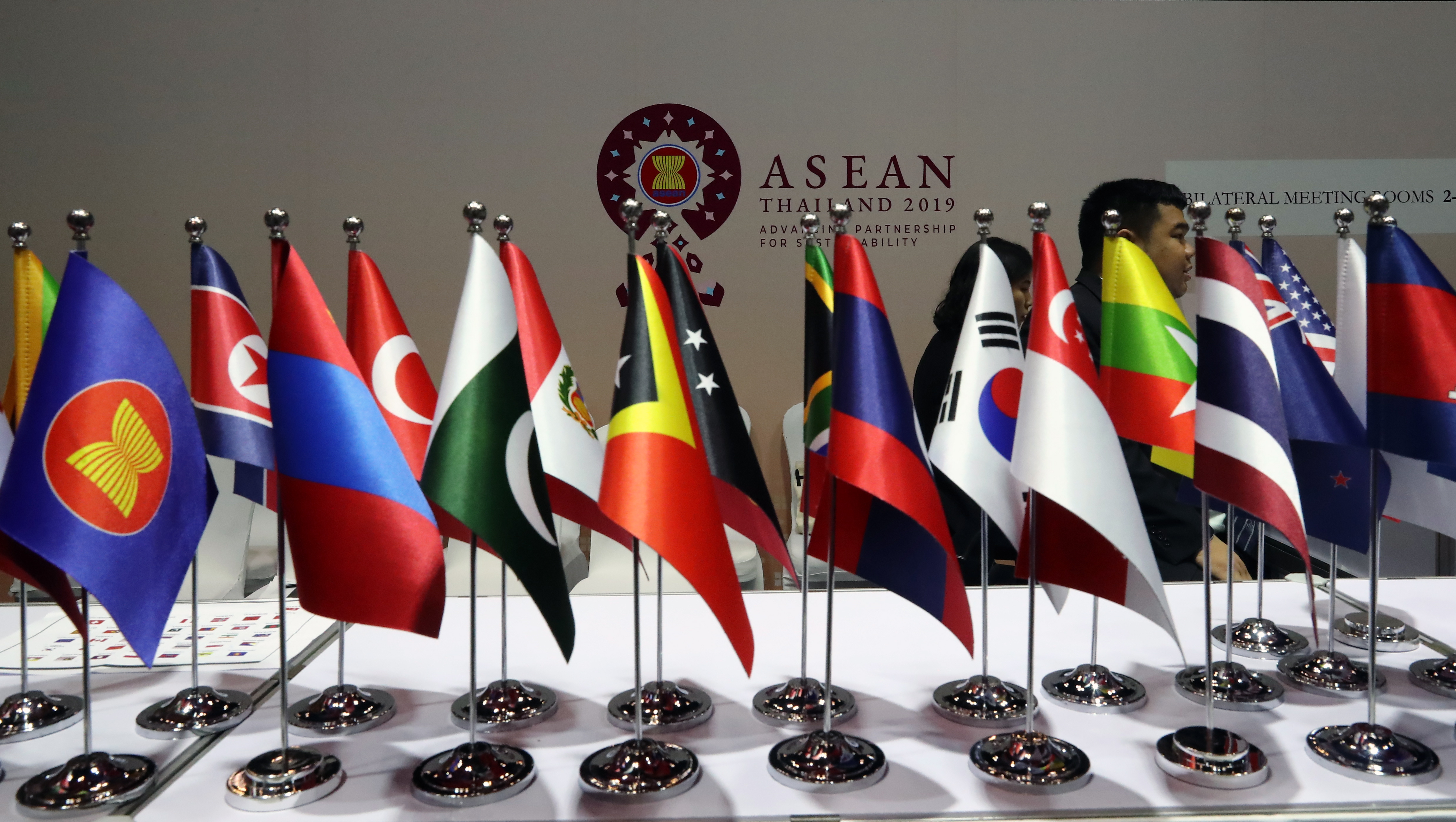Top of the agenda when global leaders meet at the Association of Southeast Asian Nations (ASEAN) summit in Bangkok from November 2-4 will be the signing of the world's biggest-ever trade deal. But that's not the only issue on the table.
The China-U.S. trade war and ASEAN's role at the center of the Indo-Pacific region will also be key issues.
Some hope to see contentious subjects tackled, such as the displacement of Rohingya refugees from Myanmar.
Chinese Prime Minister Li Keqiang, Japanese Prime Minister Shinzo Abe and South Korean President Moon Jae-in are confirmed to attend as senior figures from ASEAN's dialogue-partner nations.

The trade deal will dominate discussions.
The Regional Comprehensive Economic Partnership (RCEP) is a planned agreement between the 10 countries of ASEAN and six more nations: China, India, Japan, South Korea, Australia and New Zealand. The bloc accounts for half the world's population and a third of global trade.
"RCEP is the most important issue," said Professor Piti Srisangnam, director of the ASEAN Studies Center at Chulalongkorn University in Bangkok.
"Signing the deal would show that these countries still insist on liberal trade and investment while elsewhere there is protectionism."
RCEP had all but stalled since being proposed by China in 2012 – but this year has made substantial progress. Leaders go into the summit with 14 out of 20 clauses already agreed.

"RCEP is the most important (summit) issue," said Professor Piti Srisangnam. /CGTN Photo
"RCEP is the most important (summit) issue," said Professor Piti Srisangnam. /CGTN Photo
"RCEP is positive for all members in the short term," said Paul Gambles, managing director of MBMG investment analysts in Bangkok.
"But ultimately it's the most positive for the relationship of the larger members and it facilitates China and India's displacement of the U.S. as the leading global economy."
The fallout from the China-U.S. trade war is biting in Southeast Asia, where many countries have seen supply-chain exports fall. Some feel ASEAN could act as a negotiator between the two sides.
"ASEAN should offer the role of mediation via talking with both countries to find a solution," said Kriengkrai Thiennukul, vice-chairman of the Federation of Thai Industries.
"In some ways, the trade war is affecting ASEAN countries more than the U.S., as they are China production chain suppliers.”
The ASEAN Outlook on the Indo-Pacific (AOIP) was adopted at the last ASEAN summit in Bangkok in June. That suggested ASEAN should capitalize on its geographical location midway between the huge Indian and Pacific trading regions. This summit may well reinforce that position.

The flags of ASEAN member states and guest nations at the 34th ASEAN summit, July 31, 2019. /VCG Photo
The flags of ASEAN member states and guest nations at the 34th ASEAN summit, July 31, 2019. /VCG Photo
"We still have to discuss further about the Indo-Pacific and how we should react. This would be the second most important item for the summit," added Professor Srisangnam.
ASEAN must also ensure it maintains good relations with both China and the U.S. Each country has an important presence in the region.
Gambles said: "The U.S. has a difficult hand to play and is playing it badly.
"It should accept that China and India are the inevitable economic and geopolitical powerhouses of the future and try to make the best deal it can for itself, but it is not."
In January 2018, the UN estimated almost 700,000 Rohingya refugees had fled Myanmar for neighboring Bangladesh, creating the world's largest refugee camp on ASEAN's doorstep.
Gambles said: "Rohingya are still dying and being displaced in appalling numbers but issues like this do not seem to progress because ASEAN never wants to tackle the 'internal' affairs of member countries."
ASEAN comprises Thailand, Vietnam, Cambodia, Laos, Myanmar, Malaysia, Singapore, the Philippines, Indonesia and Brunei.
The summit marks the end of a year as hosts for Thailand before it hands over the reins to Vietnam in 2020.